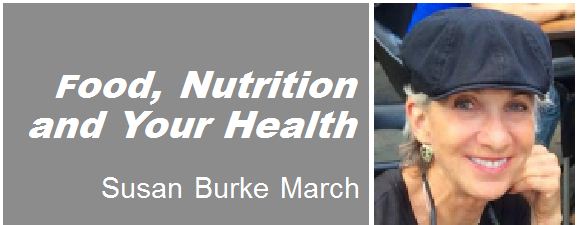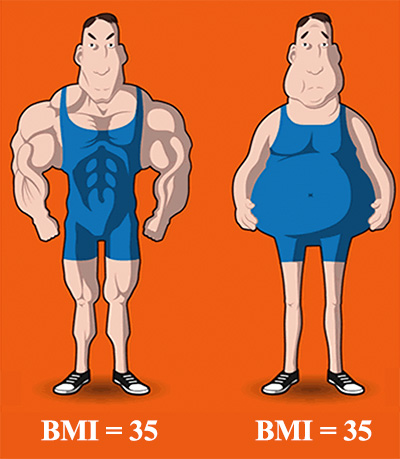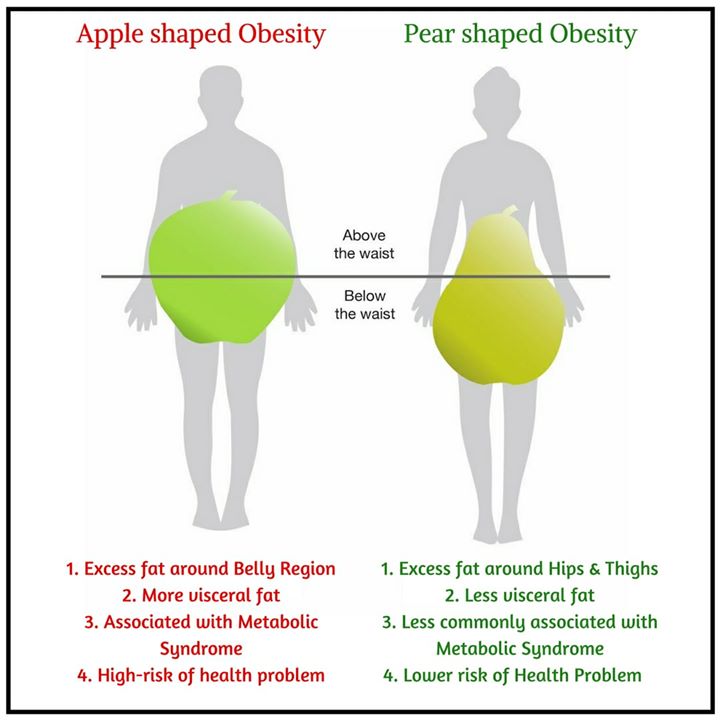Did you make a New Year’s resolution to lose weight? But is weight the best indicator of your health?
Did you make a resolution this year to lose weight? If so, you’re not alone.
Many people resolve to lose weight, exercise more, and get healthy, but really, how important is your weight? How will your doctor assess your weight? Does your doctor use BMI?
Most people have heard about that awkward equation that determines your Body Mass Index, or BMI. BMI is a ratio of weight to height and represents an estimation of your body fat but it doesn’t measure body fat directly. Over time, it has come to be used to assess risk for diseases associated with weight.
[To calculate: BMI = your weight in kilograms divided by your height in meters/squared. kg/m2. Or in pounds: weight in pounds divided by your height in inches/squared x 703. Calculation: lb/in2 x 703
Or use this quick online calculator – either in metric or imperial.]
A number ranging between 18.5 and 25 translates to an optimal weight. Over 25 is considered overweight, while over 30 quantifies you as obese. A BMI below 18.5 is considered underweight and, for many, an abnormally low BMI can indicate health risk ranging from anorexia to hyperthyroid, or uncontrolled diabetes, digestive diseases, or even cancer.
But BMI isn’t an appropriate indicator of health for many people. BMI is never used to assess pregnant women. For those over 65, the accepted standards of “normal” BMI of 18.5 – 25 may be too restrictive, and a slightly higher “normal” may be more protective of osteoporosis (thinning of the bones).
But the biggest criticism of BMI is that it may overestimate body fat in muscular people.
One example is former California governor, action hero actor and bodybuilder Arnold Schwarzenegger. When Arnie was The Terminator he stood about 6-foot-2 and 240 pounds, and his BMI was 30.2. What? Say it ain’t so! Could The Terminator be obese?
Surely not. But based on this single measurement, he’d be assessed at risk.

Arnold Schwarzenegger, at the height of his muscle-building career was six feet, two inches and weighed 257 pounds giving him a BMI of 33 but he was hardly obese.
What about LeBron James? ‘King James’ is 6’8” and weighs 249 pounds — BMI is 27.4 — overweight? Serena Williams — ‘ReRe is 5’9” and weighs 165 pounds — her BMI of almost 25 would say overweight, but check out this photo. BMI doesn’t account for the amount of lean muscle mass in these athlete’s physique.

In her 20-plus years as a professional tennis player, the 36-year-old Serena Williams has won countless championships, four Olympic gold medals.
Yes, weight can indicate a risk for diseases associated with obesity including type 2 diabetes, increased risk for some cancers, depression, and sleep apnea. But other numbers are just as important. More important!
Is your blood pressure within normal limits? How is your cholesterol? Is your blood sugar stable? Are you getting enough hours of sleep? On a scale of one to ten, is your stress level a ten or a three or four?
Where you carry your excess weight can influence your risk for disease
Excess weight, especially around your belly (more about belly fat below) can significantly increase your risk for heart attack and stroke. And carrying around excess weight stresses your tendons, ligaments, and joints.
An “apple” who carries excess fat around the waist (abdominal obesity) rather than a “pear”, one who carries excess fat around the hips and thighs, may have higher health risks.

Body Mass Index doesn’t allow for muscle mass or body type, and does not assess where you carry your weight.
An article in the BostonGlobe.com cites evidence that links stored fat around the abdomen with inflammation and insulin resistance.
As reported in Harvard Health, “Abdominal, or visceral, fat is of particular concern because it’s a key player in a variety of health problems — much more so than subcutaneous fat, the kind you can grasp with your hand. Visceral fat, on the other hand, lies out of reach, deep within the abdominal cavity, where it pads the spaces between our abdominal organs.
Visceral fat has been linked to metabolic disturbances and increased risk for cardiovascular disease and type 2 diabetes. In women, it is also associated with breast cancer and the need for gallbladder surgery.”

How comfortable are you with your weight?
I typically ask my clients who consult with me for weight loss, “How much weight do you want to lose?” Invariably the answer is from 10 to 20 pounds. My follow up is typically, “Do you want to lose 10 pounds and gain it back, or do you want to lose the weight and keep it off, permanently?”

“It just wasn’t working out. He’s liberal low-carb and I’m strict keto.”
Permanently is always the answer.
Of course. And if this is you, you can do it. Not by “going on a diet” but instead modifying your diet.
Before you shop, make a list, check it twice. Before you dine out, take a deep breath, and imagine how you’ll feel when you swap out creamy gravies, deep-fried foods, and white food — white bread, pasta, white rice. Skip processed foods, sugary drinks, daily desserts, and lots of alcohol. Say “yes” to whole foods.
Going out for lunch or dinner? Prepare to succeed! Skip the rice and fried potatoes in favor of vegetables and salad — don’t be shy and make your requests heard. Memorize “en al lado” — a favorite phrase to take with you when dining out — say “on the side” and you get to control the added fats and dressings — and calories. If you’re ordering chicken, fish, or meat, make your mantra, “baked, broiled, grilled, not fried” en español “al horno, a la parrilla, no frito.”
Stress has a lot to do with health. Reduce mental stress by being deliberately active (walking, climbing stairs, and taking part in more structured activities like working out or participating in fitness classes) — physical activity both helps burn calories and lowers your risk for any conditions associated with overweight so you can enjoy a healthier, longer life. Physical activity helps release healthy hormones that make you feel better, naturally.
Avoid “going on a diet” because it invariably means “going off” the diet. If you go “off” the diet that you used to lose weight and then return to the type of foods and lifestyle that made you overweight, to begin with, you’ll regain the weight.
By the way, the primary definition of “diet” is your usual foods and beverages, It’s not “going on a diet.” It’s your diet. The Mediterranean-type pattern of eating includes a myriad of healthful and delicious foods known to be heart-healthy. Read my column that details what is the best diet here. Live your diet, and it will love you back.
Make small but significant changes to what you choose to eat and drink, and how much you move. If you can’t jog, walk fast. If you can’t walk fast, walk deliberately. Yoga is a great exercise, and if you can’t get to class, view some videos on YouTube. If you’re looking for more structure and accountability, a personal trainer will make sure you’re doing those new moves correctly.
It’s a wonderful thing, and it’s often forgotten when feeling frustrated about your weight. Always remember that you have the choice. Feliz Año Nuevo!
_________________
Sources:
Boston Globe. Americans’ waistlines grow as obesity rates level off, study finds.
European Heart Journal. Association between regional body fat and cardiovascular disease risk among postmenopausal women with normal body mass index.
Harvard Health Online. Abdominal fat and what to do about it.
Harvard Health Online. Can you be overweight and still be fit?
Scientific American. Is BMI an accurate way to measure body fat?
___________________________
Food, Nutrition, and Your Health columnist Susan Burke March moved to Cuenca after working for more than 25 years as a Registered and Licensed Dietitian and Certified Diabetes Educator in the United States. She currently serves as the Country Representative from Ecuador for the Academy of Nutrition and Dietetics.




















